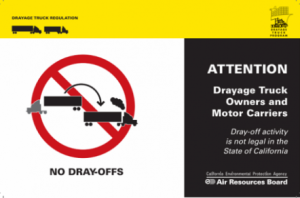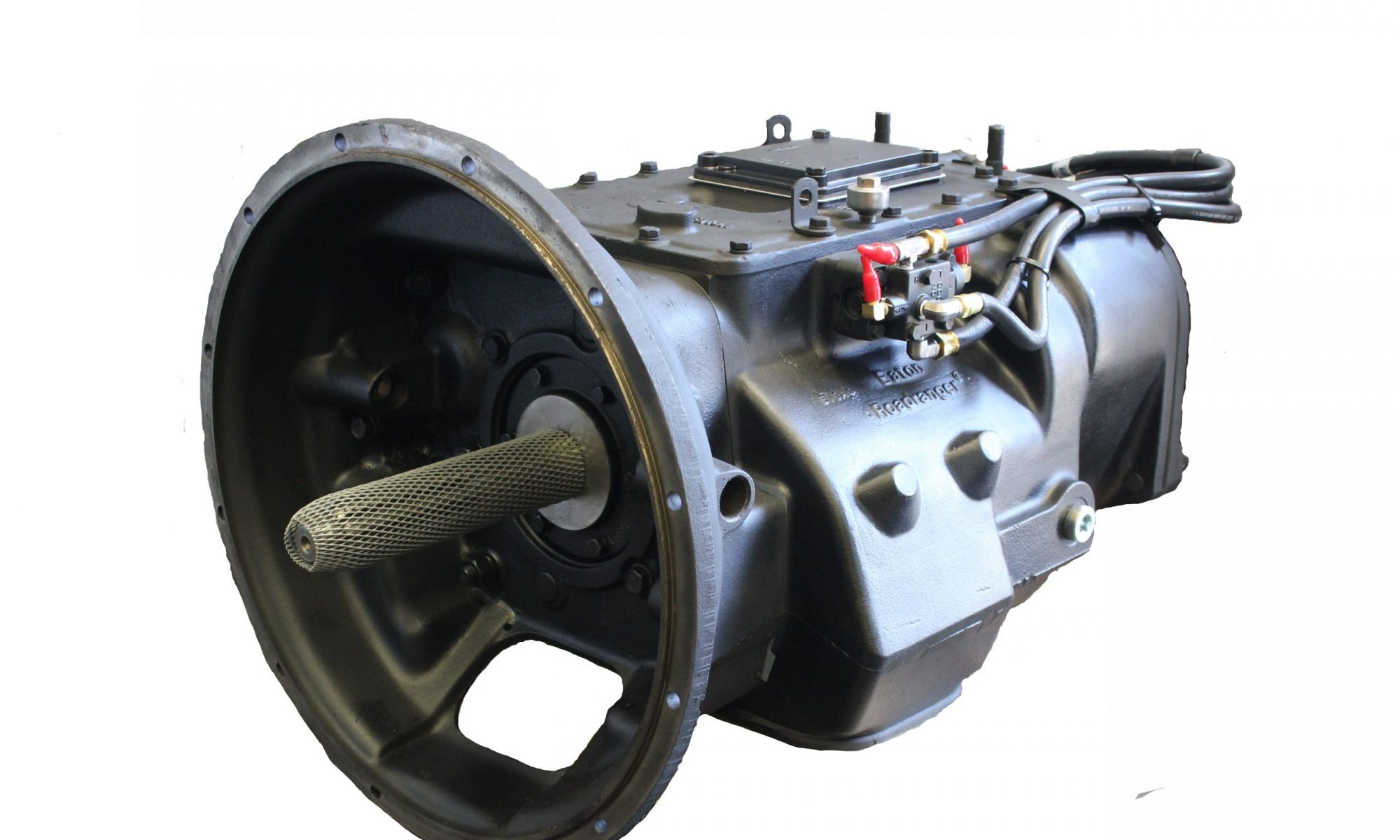 The California Air Resources Board is going to crack down on so-called “dray-off” activities. A dray-off is when a port-regulations-compliant truck transfers its load to a non-compliant truck.
The California Air Resources Board is going to crack down on so-called “dray-off” activities. A dray-off is when a port-regulations-compliant truck transfers its load to a non-compliant truck.
Drayage trucks, trucks that are carrying intermodal freight from ports or rail yards, have been subject to more stringent, and earlier enforced regulation than other freight trucks.
It became common for compliant trucks to move in and out of ports and rail yards and transfer their freight to non-compliant trucks outside of the ports.
Amendments to the Drayage Truck Regulations made the transfer of drayage from compliant to non-compliant trucks illegal within the borders of the state of California.
While these amendments have been in place for some time, reporting of dray-offs relied mostly on informants calling CARB. In 2012, CARB performed more than 3600 inspections on trucks suspected of dray-offs, which resulted in 261 citations.

